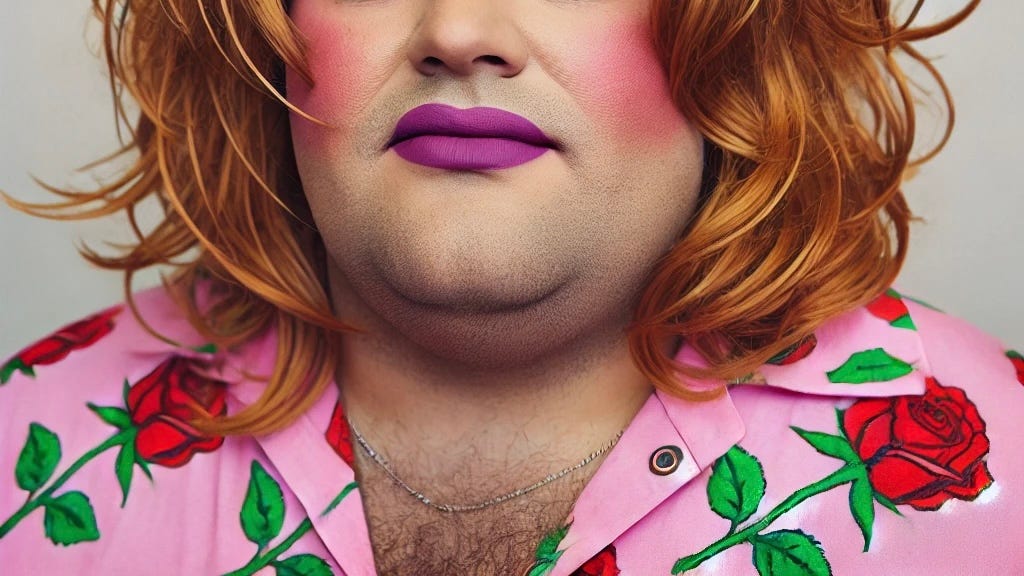Hijacked Sanctuaries: Reclaiming Plus-Size Women’s Spaces from Male Invasion
From sanctuaries to stages for male validation, our spaces are being invaded—and it’s time to push back.
Since the pandemic—though this trend began earlier and has only intensified—it’s become painfully clear how spaces once created for plus-size women to celebrate our bodies and find flattering clothing have been infiltrated by men pretending to be women. This is not a trivial annoyance; it’s part of a calculated campaign of female erasure, cloaked in the…




